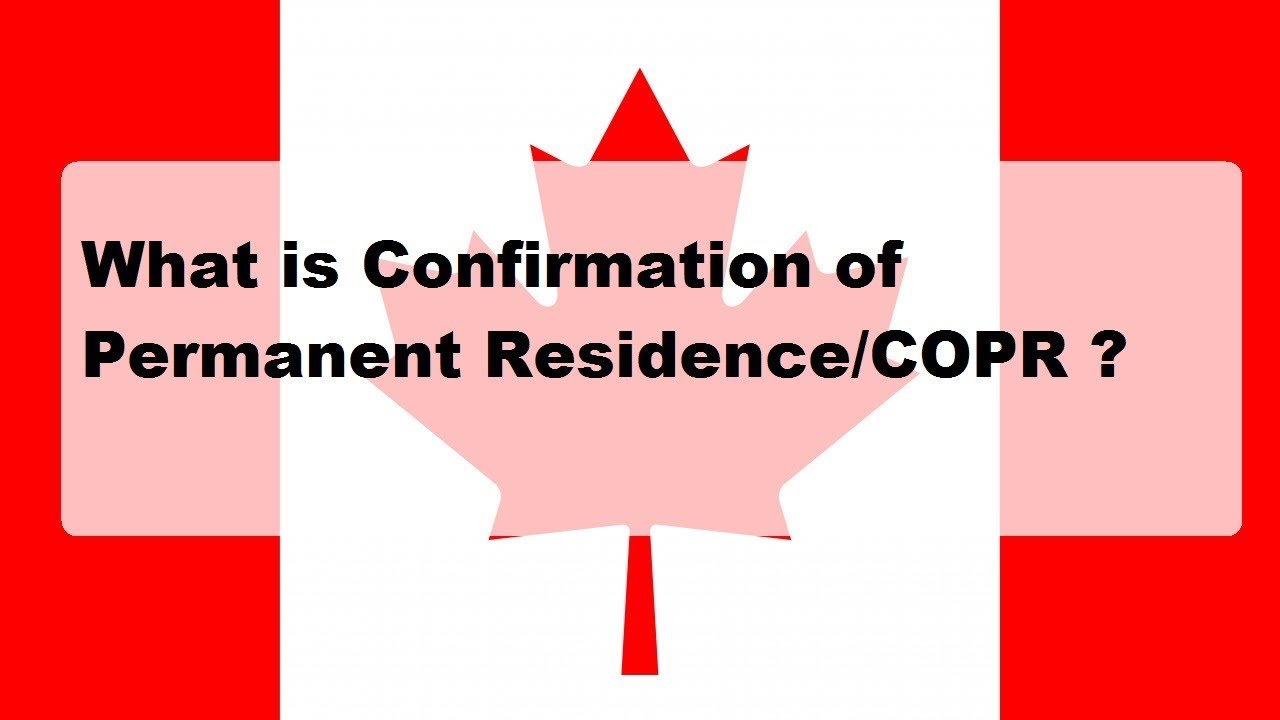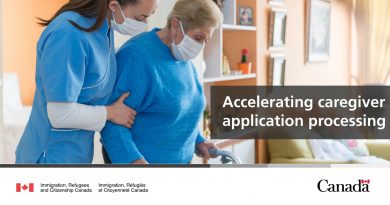Family Class: Determining Membership in the Spouse (or Common-law Partner) in Canada Class
Note: Lack of status may also refer to persons who have overstayed a temporary resident permit.
“Lack of status” for the purposes of the spousal public policy, does not refer to any other inadmissibilities including, but not limited to:
- failure to obtain authorization to return to Canada (op01-eng.pdf PDF, 600 KB), when required, after removal or after a removal order has been otherwise enforced
- persons who have entered Canada with a fraudulent or improperly obtained passport, travel document or visa and who have used the document for misrepresentation under IRPA. Persons are excluded from being granted permanent residence under this public policy if:
- they used a fraudulent or improperly obtained passport, travel document or visa to gain entry into Canada; and
- this document was not surrendered or seized upon arrival; and
- the applicant subsequently used these fraudulent or improperly obtained documents to acquire temporary or permanent resident status.
Other cases may be refused if there is clear evidence of misrepresentation (enf29-eng.PDF, 271 KB) under IRPA.
Spouse or common-law partner who is a refugee claimant
Work permits or study permits issued to refugee claimants do not confer status. Therefore, a spouse or common-law partner who was issued a work or study permit when their claim was referred to the Refugee Protection Division is not a temporary resident. As a result, they do not meet the requirements of R124(b) and do not qualify as members of the spouse or common-law partner in Canada class.
However, the requirement to have temporary resident status in Canada may be waived under the spousal public policy. This means that refugee claimants who do not have temporary resident status in Canada are eligible for consideration under the provisions of this class provided they continue to meet the requirements specific to inadmissibility grounds other than lack of status.
Applicants who leave Canada before a final decision is made on their application for permanent residence
There is no guarantee that foreign nationals who have left Canada after submitting an application under the Spouse or Common-law Partner in Canada class will be allowed to return to or re-enter Canada. If they are unable to do so, their application for permanent residence may be refused because they are not cohabiting with their spouse or common-law partner at the time the case is finalized [R72(1)(d) and R124(a)].
It may be appropriate to counsel applicants who are outside Canada to withdraw their spouse or common-law partner in Canada class application and have the sponsor submit a new Application to Sponsor, Sponsorship Agreement and Undertaking to the CPC-Mississauga (CPC-M).
Work and study permits
Applicants under this class are eligible to be issued an open work permit if they meet all of the following requirements:
- a permanent resident application has been submitted pursuant to the Spouse or Common-law partner in Canada class
- the applicant resides at the same address as the sponsor
- the applicant has valid temporary resident status (as a visitor, student or worker)
- a Canadian citizen or permanent resident spouse has submitted a sponsorship application on their behalf
Note: Applicants being processed for permanent residence under the spousal public policy on the basis that they do not have valid temporary resident status are not eligible to be issued an open work permit under these measures. They will be required to wait until they have met eligibility requirements, and received approval in principle, in order to be eligible to apply for an open WP.
The CPC-M will advise applicants in writing when they are eligible to apply for a study permit.
An applicant already in possession of a work or study permit who wishes to maintain their temporary resident status as a student may complete and submit an Application to Change Conditions, Extend my Stay or Remain in Canada as a Student form [IMM 5709] and submit it as per instruction provided in the guide.





